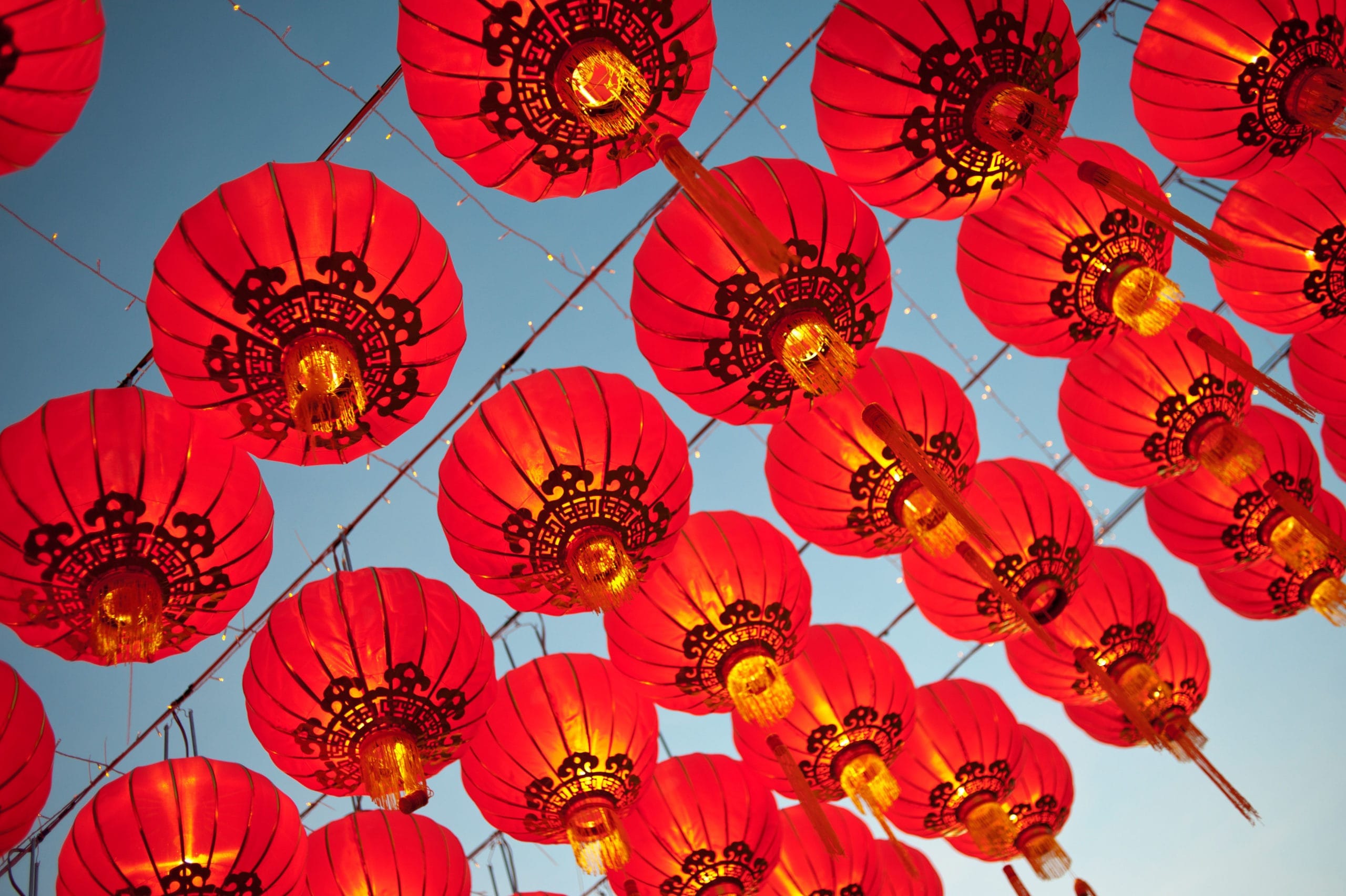
The Online Marketing Rockstars Festival (OMR) – Recap
The OMR Festival is the largest knowledge and inspiration platform for the digital and marketing scene in Europe. The two-day event is of interest to all online marketing players who want to update their expertise and expand their network. Thanks to this year’s focus, it was possible to gain a comprehensive insight into “Digital China” from proven experts and international personalities from the industry.
The OMR 19 – China in focus
With its “Digital China Special”, this year’s Online Marketing Rockstars Festival (OMR) on 7 and 8 May in Hamburg set a clear thematic focus: in numerous masterclasses, keynotes and panels, the European online marketing community was able to get to know, analyze and discuss the many facets of the Chinese digital economy at OMR 19. The focus on the “Middle Kingdom” was also clearly present in the exhibition area.
Why is it so important for the online marketing community to learn more about digital China? Chinese users love online shopping. Most of them are young and constantly online. They are happy to invest their rising incomes in anything that improves their quality of life. And above all: they love shopping for European brands and products – because in their eyes these stand for special quality and are seen as important status symbols.
China has the world’s largest e-commerce market, the highest spending on digital marketing, the most influencers, the most used video apps and mobile payment tools. Around 830 million people log onto the internet in China every day – most of them on mobile devices.
Learning and understanding how the Chinese market works is therefore a huge topic for anyone thinking about opening an online store in China, marketing their own products in China or even developing their own product portfolio for the Chinese market. With a multifaceted conference program, the OMR Festival 2019 ventured to shed light on the huge and complex Chinese market with the know-how of top-class market experts.
Top managers from renowned Chinese online companies such as WeChat, Alibaba, JD, Tik Tok and Little Red Boo were invited as speakers. The China experts explained and analyzed the ambitious digitalization plans of their companies and answered questions and took part in discussions with OMR19 participants.
Use of AI technologies in online retail: JD.com
From our point of view, one of the most exciting Chinese speakers at the festival was Dr. Bowen Zhou, Vice President of JD.com, China’s second largest e-commerce company. JD.com is now one of the biggest players in global online retail and is regarded as one of the outstanding success stories of the Chinese digital economy. Bowen Zhou emphasized JD.com’s “pronounced understanding of service” as a key success factor for the platform, in particular the introduction of same-day delivery. According to Zhou, the shopping experience of the future will “change diametrically” through the use of artificial intelligence (AI). AI is essentially based on computer programs that learn independently – based on the data they are fed. Thanks to AI technologies, Zhou believes that it will be possible to greatly expand customer service in online retail in the future and adapt products even more precisely to customers’ needs.
According to Zhou, JD.com is already experimenting with self-driving delivery vans and even a “flying delivery service” using drones.
Potential springboard for European brands: The online giant Alibaba
How German and European companies can reach the approximately 500 million Chinese consumers with purchasing power via the retail platform was the subject of a session with Alibaba’s Head of Germany, Karl Wehner. Chinese consumers are very different from their German counterparts, Wehner made clear. Online customers are younger, “almost exclusively mobile” and more demanding in terms of speed and service quality. They prefer to invest their growing disposable income in a higher quality of life.
In particular, Wehner presented the Alibaba Group’s B2C e-commerce platforms “Tmall” and “Tmall Global” to the OMR19 audience and explained how these portals can help European brands to serve the fast-growing Chinese market – especially through the use of innovative technologies and what Alibaba calls “New Retail”: the linking of online retail and brick-and-mortar business through large fresh food markets, including in Beijing and Shanghai.in Beijing and Shanghai, which enable every conceivable form of omnichannel shopping with round-the-clock delivery services. “You don’t just go to China, you need a strategy,” emphasized the German Alibaba boss. As every retailer is free to design their own store on Alibaba, Wehner says that it all comes down to the details: design, marketing and customer service in particular must be tailored precisely to the cultural characteristics of the Chinese market.
Using WeChat as an effective marketing tool
Enrico Plateo from the Tencent International Business Group spoke about how China has become a pioneer in cashless payments – both in online and offline business – and how this affects the everyday lives of people in China. With its WeChat app, which is almost ubiquitous in China, Tencent is virtually at the epicenter of the unique Chinese digital ecosystem.
How brands and retailers can use WeChat as an ideal marketing and payment tool to reach Chinese consumers as a potential target group for European quality brands and products was explained during a “deep dive” with Enrico Plateo, who manages the European market for Tencent. The potential of WeChat does not only extend to measures in the Chinese domestic market. European providers can also use WeChat as a marketing tool to tap into new business areas with regard to the constantly growing and financially strong flow of Chinese tourists to Europe.
Using social media correctly in China
In a masterclass on the use of social media, OMR19 visitors were able to learn about best practices for brands looking to conquer the Chinese market – and what mistakes to avoid. Which social media channels are actually suitable for effectively flanking e-commerce presences on the major online marketplaces Alibaba and JD.com with activities? In an exciting social media masterclass, speakers Wenjing Liu and Damian Maib presented the tools that are relevant alongside WeChat, such as Xiaohongshu (Little Red Book) and Douyin (Tik Tok), and provided concise input on the dos and don’ts in Chinese social media.
Our conclusion
For all online marketers with an interest in the Chinese market, the focus on China at OMR19 was spot on. A multi-faceted all-round information package was offered to understand this market before entering it in order to successfully position oneself there. We were also impressed to learn how China intends to position itself in terms of numbers alone in the field of artificial intelligence (AI): while Germany is currently planning to invest 3 billion euros in AI by 2025, China wants to create a 150 billion dollar industry by 2030 with substantial funding. The “Digital China Special” at OMR19 was an absolutely worthwhile input for us as an agency for international SEO.
GET IN TOUCH
Internationally visible with professional SEO translations by MONDIS

During SEO translation, we optimally adapt existing texts to the local conditions of your target markets and advise you on all factors that will make your multilingual website more visible worldwide.
Contact: Michael Quast, Managing Director
Phone: +49 30 48496622-0
E-mail: kontakt@mondis.de